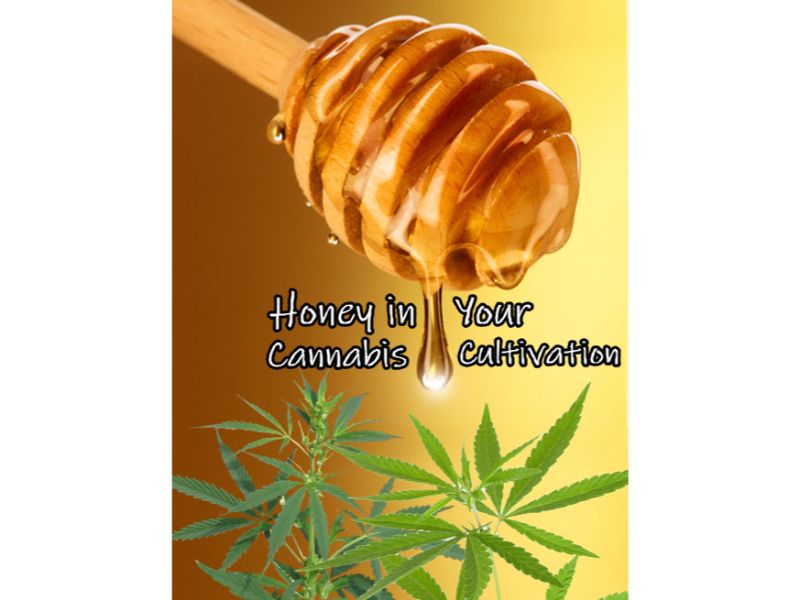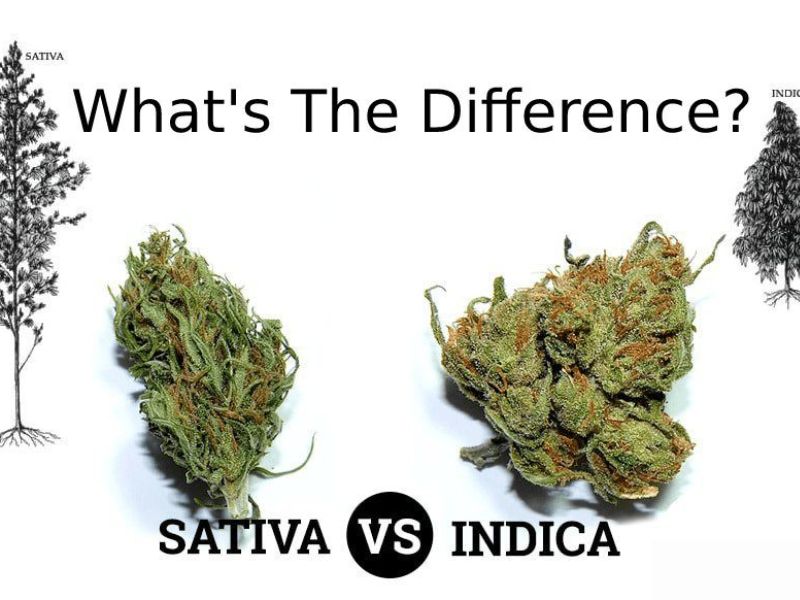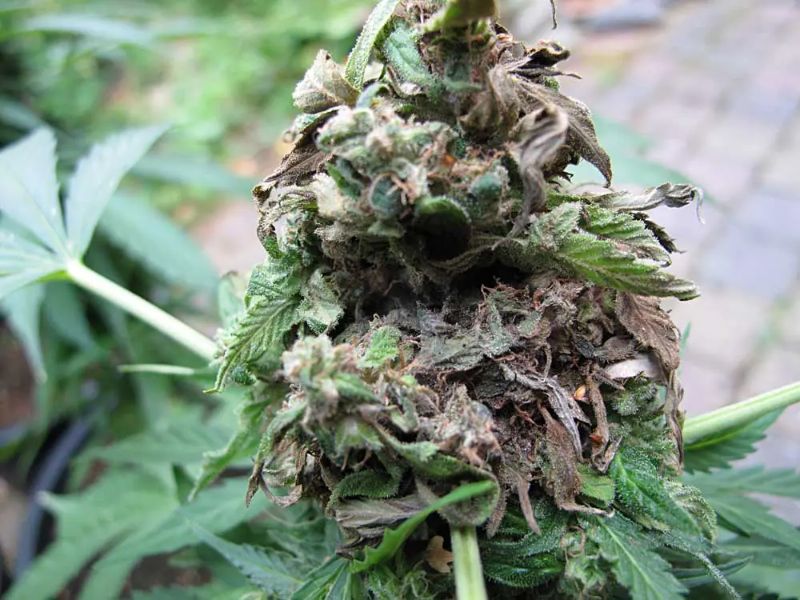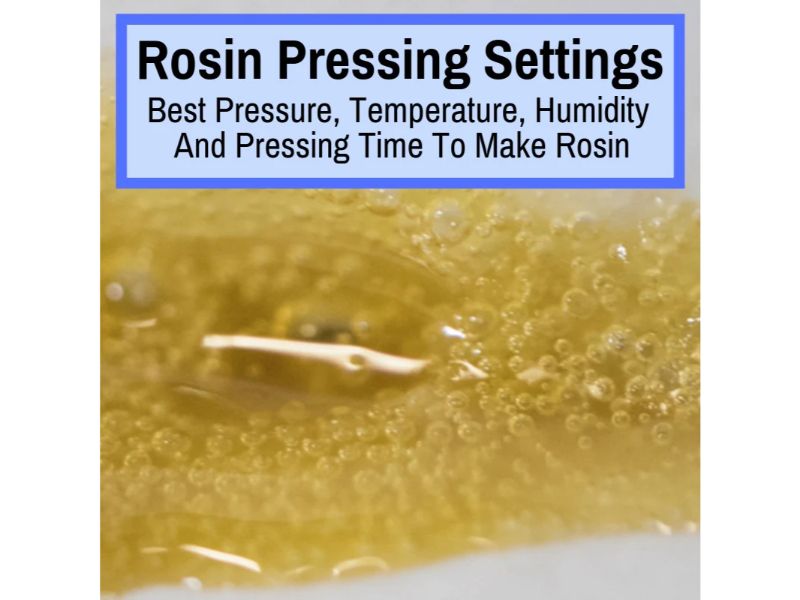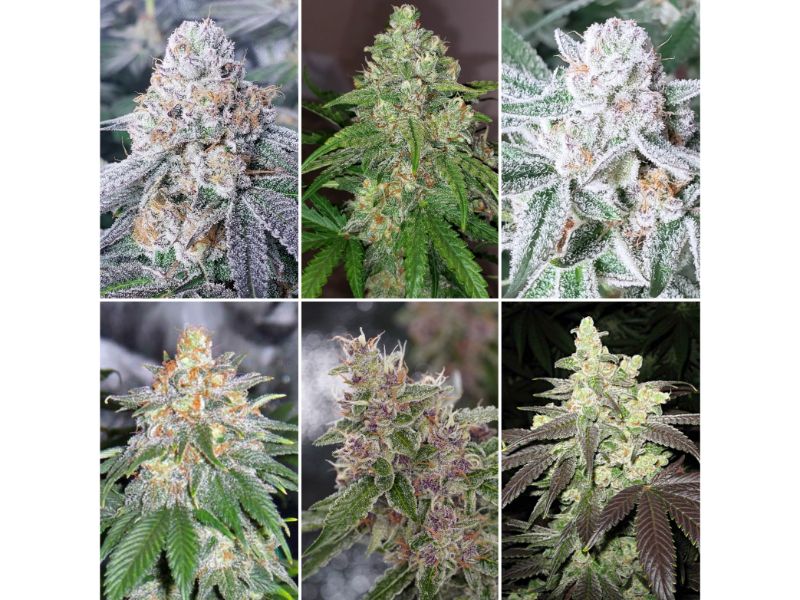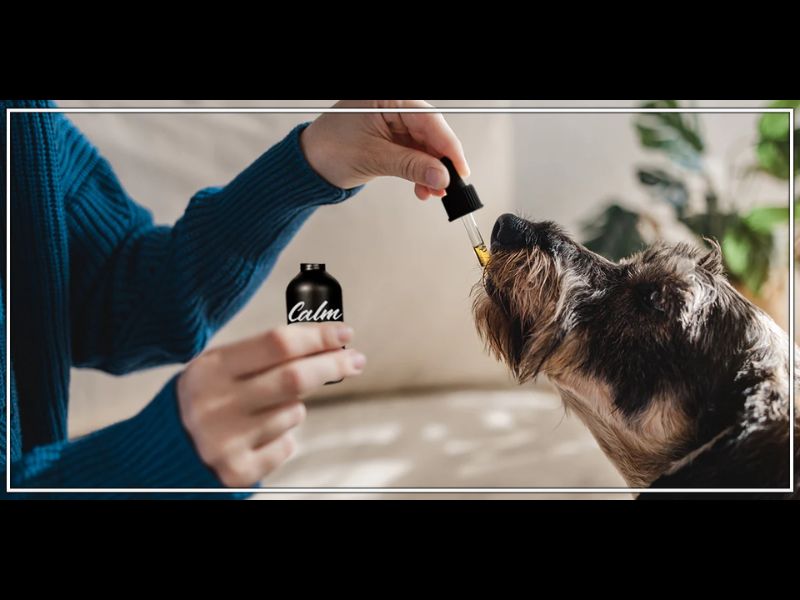Have you ever heard of using Honey as an Organic fertilizer?
Have you ever heard of using Honey to improve the growth of your cannabis? As it might sound weird, this natural product has some remarkable properties that could help your plant to grow better (in multiple ways). Honey can be used as Organic fertilizer, but it’s also handy when cloning or rooting your plant. Next, it’s organic, which is always required when growing cannabis.
A lot of people like Honey. The sweet, yellow liquid is straight from nature and adds a great taste to your tea or pancakes. Next, it offers some great medicinal benefits for us as human beings.
But did you ever think it could be a great tool for Cannabis plant growth?
Honey has two major benefits when it comes to growing cannabis. Next to the fact it could make your crops sweeter, it could also be used as an effective fertilizer and root stimulant. Honey should only be used in the beginning and final stages of your growth cycle. In this article, we explain why!
Ensure you only use Honey that is 100% organic and natural. Some brands add corn syrup or other chemicals that could harm your plants. A great tip is to visit a beekeeper that produces his own organic Honey.
Honey is a great root stimulant for Cannabis plant health.
Stimulating the growth of roots is especially important when you are cloning a plant. Cloning is when you have a plant you like and make a genetic copy by cutting off a small, fresh side branch and growing a new complete plant from it. However, for this cutting to turn into a healthy plant, it requires some good working roots!
When growing cannabis, roots are a very important aspect. They lead fresh water and nutrients to the rest of your plant, so a plant couldn’t stay alive without them. Next to that, the roots greatly influence your final product, so healthy roots will improve the quality and size of your crops.
To produce new roots, a plant requires a special hormone that activates the rooting process. Plants are capable of producing this hormone themselves. So when you put the rootless cutting in a glass of water, it should grow new roots after a while. However, it’s possible that this won’t be enough for a cannabis clone. If you want them to grow faster and be healthy, you could need help from a root stimulator.
A plant’s most common rooting hormones are auxins and Indole acetic acid(IAA, which is produced endogenously). When buying a commercial root stimulator, there is a small chance you’d find one of these hormones as they use synthetic hormone-like indolebutyric acid (IBA) or naphthaleneacetic acid (NAA).
As they might work pretty well, they often have a short shelf-life and have to be used quickly before turning bad. Next to that, there is this thing that most growers don’t want to expose their plants to chemicals, especially if you are planning to consume them.
That’s when the Honey comes in! As it doesn’t contain any chemicals (Organic), it could be used as a safe root stimulant or as an addition to a synthetic hormone/product.
Next, it has some major antibacterial and antifungal properties (That’s why it helps with a soar throat). This is pretty helpful/required as roots are very vulnerable to bacteria and fungi (because of their moist environment underground).
Next, they believe that Honey contains special enzymes that encourage the growth of new and existing roots. This will boost the amount and size of their roots. They based this idea on the difference in roots when growing with/without Honey. Another benefit of using Honey as a grow stimulant is the fact that Honey has a long shelf-life. With one jar, you can do a long time.
How to use Honey as a root stimulant?
Now you know the facts about Honey as a root stimulator, and you are probably asking yourself how actually to start using it. Well, it’s quite simple: Cut yourself a nice fresh clone and dip the “wound” of your cut in some honey. Make sure the wound is fully coated, and place the clone in a growing medium. Keep your clone in a very moist environment, and after 7-14 days, your roots will start to grow in a safe and healthy way!
Honey as a fertilizer
As told before: Honey should only be used in the beginning and final stage of your growth cycle. When rooting, your plant is definitely in the beginning phase, and after that, it takes a while before you should grab your honey jar again. Once your plant is fully grown and in the blooming phase, you could add some honey again. This time in the soil of your plant.
Before I tell you why and how to apply the Honey, it’s essential to know that you should be careful with the amount of Honey you’ll use. Overloading the soil with Honey is very bad and will lead to a damaged, unhealthy plant.
Honey contains lots of glucose. But a plant won’t need glucose as a nutrition because they produce it themselves due to photosynthesis. However, The soil your plant lives in doesn’t make it, which is why Honey could help as a fertilizer.
Soil contains lots of microflora (bacteria and fungi) that are very important for your plant. Adding a tiny amount of Honey to your soil could give it a huge boost and keep it healthy.
How to Use Honey as organic fertilizer.
As too much glucose could harm your plant, the trick to success is using the perfect dose of Honey that you’ll add to the soil. In this case, using raw Honey is too much and “powerful.” You should dissolve 5-15ML Honey into 1 Gallon of water for a healthy and balanced soil.
Once mixed well, you should use it to water your plant. Don’t use as much water as you would typically, And use a little less water with your “honey mix” in the blooming phase.
Fun facts!
- Did you know some cannabis growers make their own organic fertilizer? They combine Honey, yucca extract, amino acids, soap bark, volcanic ash, and milk.
- Just like a cannabis plant benefits from Honey. It’s also a fact that Honey has some benefits from cannabis as well.
- Bees are very attracted to hemp pollen, according to farmers. They use the pollen as a resource to produce their Honey and are able to help to pollinate other plants this way (Cannabis is wind-pollinated, so bees only add some extra help).

